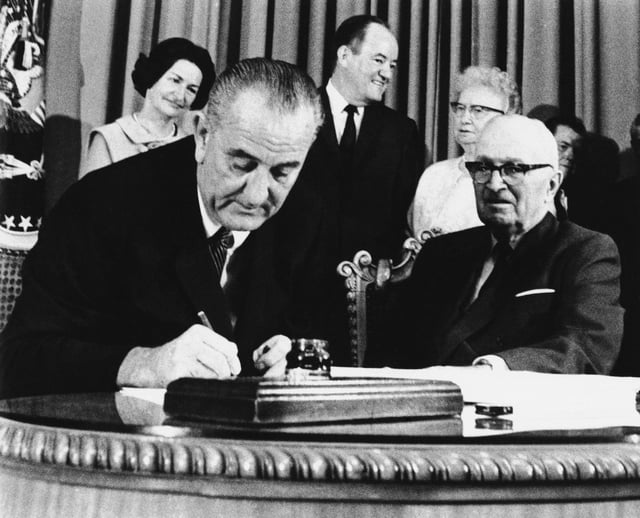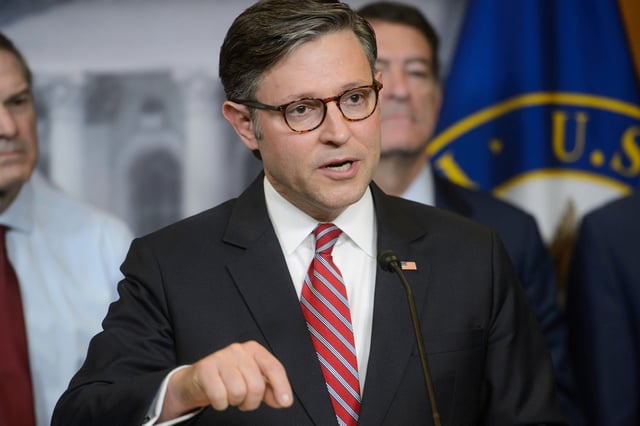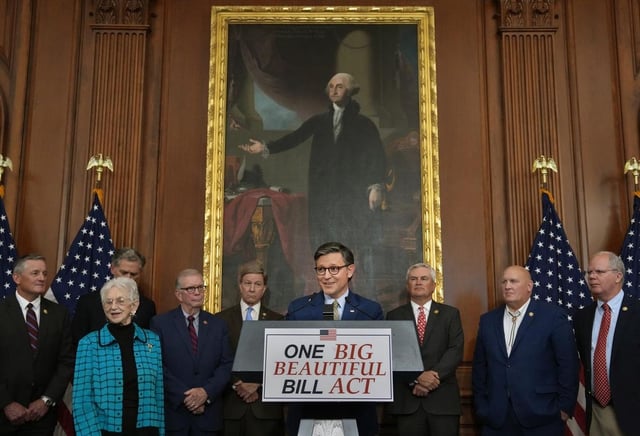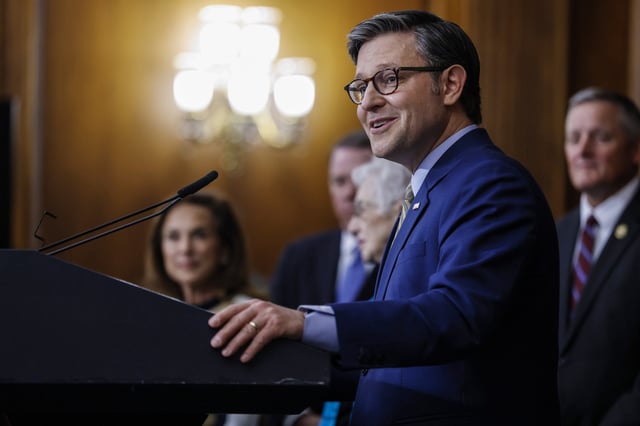Overview
- The House bill would mandate adults without dependents to work, train or volunteer 80 hours per month and require states to verify eligibility twice a year as part of an $880 billion budget reconciliation package.
- Speaker Mike Johnson defended the measures as a ‘‘moral component’’ to curb fraud and promote self-sufficiency, arguing that work mandates strengthen personal responsibility.
- The nonpartisan CBO estimates the work requirements alone could end coverage for about 1.5 million people, while advocacy groups warn the full reconciliation plan might leave up to 8.6 million uninsured by 2034.
- Analyses of past state programs show that bureaucratic red tape, not lack of employment, drove coverage losses—Arkansas lost over 18,000 enrollees in four months despite 97% compliance, with no boost in job growth.
- Health experts warn cuts could raise uncompensated care, strain rural hospitals on the brink of closure, increase private insurance premiums and exacerbate financial pressures on state budgets.



